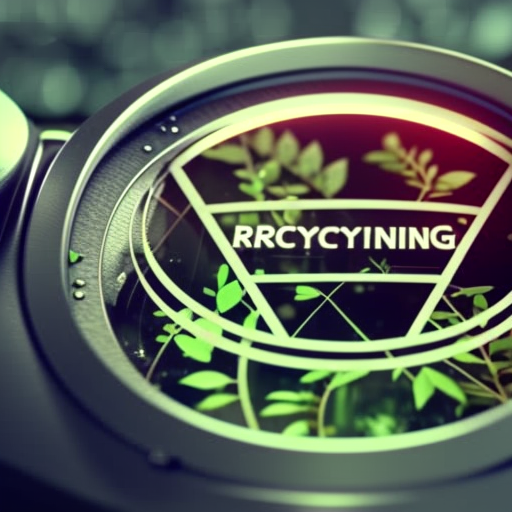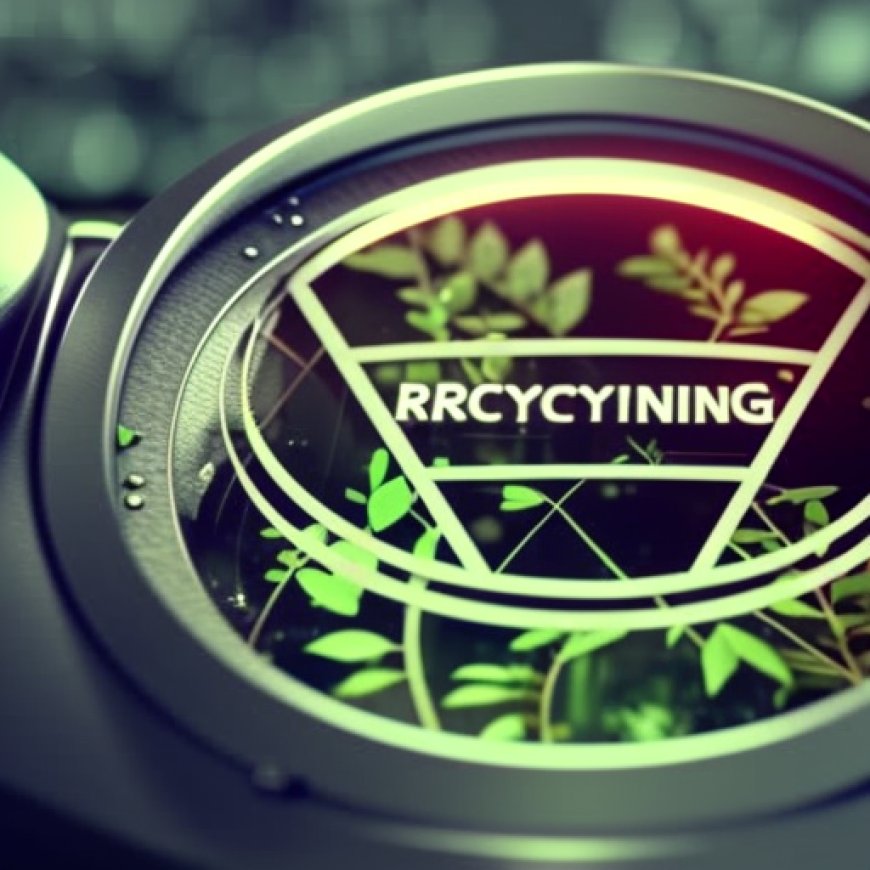
Organic Recycling System partners with Sardar Swaran Singh National Institute of Bioenergy to boost biogas generation
Published on April 9, 2024
Organic Recycling System Limited’s shares increased by 2.39% after the company partnered with Sardar Swaran Singh National Institute of Bioenergy in Kapurthala under the Ministry of New and Renewable Energy. The company informed that this collaboration aims to maximize the biogas potential of Napier grass through anaerobic digestion and contribute to the country’s renewable energy strategy.
The company further informed that the partnership will focus on utilizing co-digestion techniques to process Napier grass and other agricultural residues, generating biogas. As part of this initiative, a pilot biogas plant will be established at ORS’s existing Solapur facility to test and refine the biogas production process using Napier grass. Once successful, the technology will be scaled up for commercial use, with ORS playing a key role in implementing and operating the biogas plant.
Yashas Bhand, CEO of ORS, said, “This collaboration represents a significant milestone in our efforts to drive sustainable waste management solutions and renewable energy generation. By combining our expertise with NIBE’s research capabilities we aim to pioneer new pathways for biogas production and drive positive change in the renewable energy landscape of India, contributing significantly to the nation’s sustainable development goals.”
The shares were trading flat (-0.02%) to ₹230.45 at 3.10 pm on the BSE.
- Copy link
- Email
- Facebook
- Telegram
- SDGs, Targets, and Indicators Analysis
1. Which SDGs are addressed or connected to the issues highlighted in the article?
- SDG 7: Affordable and Clean Energy
- SDG 9: Industry, Innovation, and Infrastructure
- SDG 13: Climate Action
The article discusses the partnership between Organic Recycling System Limited (ORS) and Sardar Swaran Singh National Institute of Bioenergy to maximize the biogas potential of Napier grass through anaerobic digestion. This initiative aligns with SDG 7, which aims to ensure access to affordable, reliable, sustainable, and modern energy for all. It also contributes to SDG 9 by promoting industry, innovation, and infrastructure development in the renewable energy sector. Additionally, the use of biogas generated from organic waste helps mitigate climate change, supporting SDG 13’s objective of taking urgent action to combat climate change and its impacts.
2. What specific targets under those SDGs can be identified based on the article’s content?
- SDG 7.2: Increase the share of renewable energy in the global energy mix.
- SDG 9.4: Upgrade infrastructure and retrofit industries to make them sustainable.
- SDG 13.2: Integrate climate change measures into national policies, strategies, and planning.
The partnership between ORS and Sardar Swaran Singh National Institute of Bioenergy aims to maximize the biogas potential of Napier grass through anaerobic digestion. By doing so, they contribute to increasing the share of renewable energy in the global energy mix (SDG 7.2). The establishment of a pilot biogas plant and the subsequent scaling up for commercial use also align with SDG 9.4, as it involves upgrading infrastructure and promoting sustainable industries. Furthermore, the initiative supports SDG 13.2 by integrating climate change measures into waste management strategies and renewable energy production.
3. Are there any indicators mentioned or implied in the article that can be used to measure progress towards the identified targets?
- Percentage increase in biogas production from Napier grass
- Number of successful pilot biogas plants established
- Amount of renewable energy generated from organic waste
The article mentions that the partnership aims to maximize the biogas potential of Napier grass through anaerobic digestion. Therefore, the percentage increase in biogas production from Napier grass can be used as an indicator to measure progress towards SDG 7.2. The establishment of a pilot biogas plant at ORS’s Solapur facility and its subsequent success can be another indicator to track progress towards SDG 9.4. Lastly, the amount of renewable energy generated from organic waste, specifically Napier grass, can serve as an indicator to measure the contribution towards SDG 7.2 and SDG 13.2.
4. Table presenting the findings:
| SDGs |
Targets |
Indicators |
| SDG 7: Affordable and Clean Energy |
Increase the share of renewable energy in the global energy mix (SDG 7.2) |
Percentage increase in biogas production from Napier grass |
| SDG 9: Industry, Innovation, and Infrastructure |
Upgrade infrastructure and retrofit industries to make them sustainable (SDG 9.4) |
Number of successful pilot biogas plants established |
| SDG 13: Climate Action |
Integrate climate change measures into national policies, strategies, and planning (SDG 13.2) |
Amount of renewable energy generated from organic waste |
Behold! This splendid article springs forth from the wellspring of knowledge, shaped by a wondrous proprietary AI technology that delved into a vast ocean of data, illuminating the path towards the Sustainable Development Goals. Remember that all rights are reserved by SDG Investors LLC, empowering us to champion progress together.
Source: thehindubusinessline.com

Join us, as fellow seekers of change, on a transformative journey at https://sdgtalks.ai/welcome, where you can become a member and actively contribute to shaping a brighter future.










